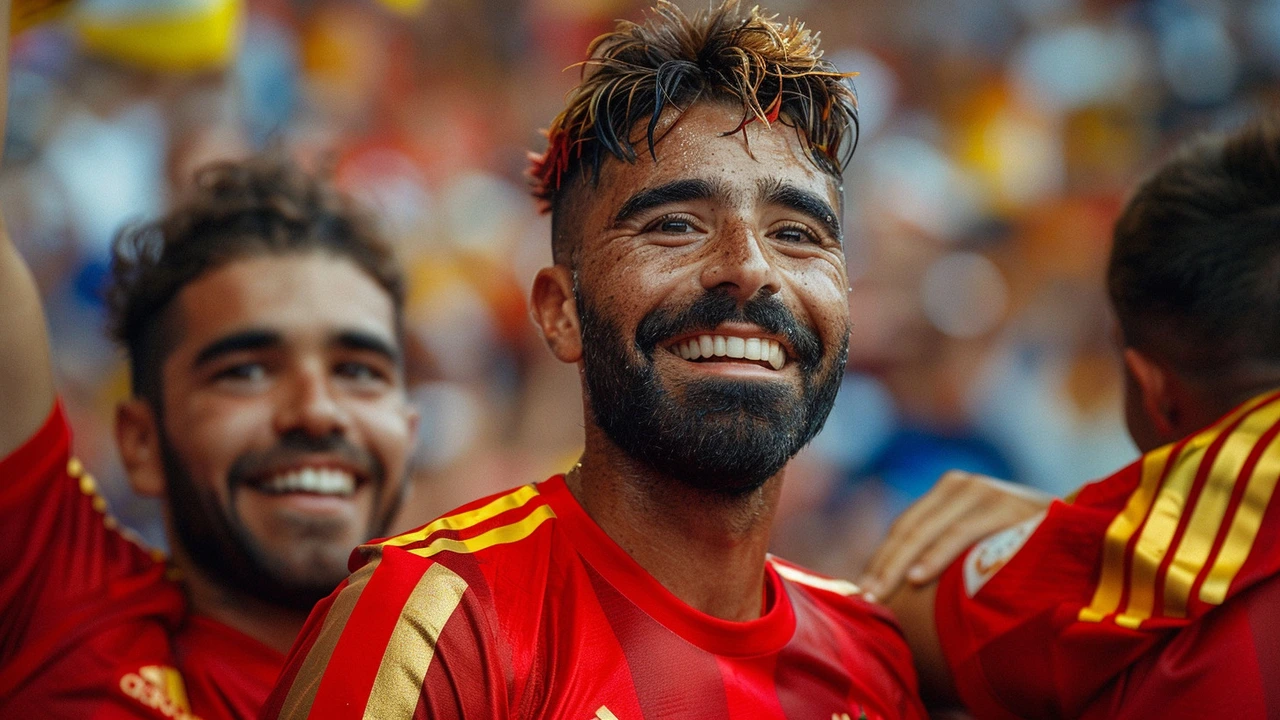European Championship — the quick fan guide
Want to follow the European Championship without confusion? This page gives you what matters: how the tournament works, where to watch matches, and simple tips that make following the games easier and more fun.
How the tournament works
The European Championship usually starts with a group stage, where teams earn 3 points for a win and 1 for a draw. Top teams from each group move into the knockout rounds — single-elimination matches that can go to extra time and penalties. That format makes every game tense: a slip in the group can still be fixed, but a knockout loss sends a team home.
Expect a mix of styles. Northern teams often press and run fast; southern sides tend to keep possession and probe for openings. Coaches adjust quickly, so pay attention to early substitutions and formation changes — they say a lot about a team’s plan for the match.
How to watch, stream and follow
Broadcast rights vary by country, but matches are almost always available on major national broadcasters and official streaming services. If you travel, use the official UEFA app or tournament website for live scores and confirmed lineups. Those sources update fastest and reduce the chance of seeing wrong starting XIs on social feeds.
If a match is geo-blocked where you are, a reliable VPN can help — but only use one if it follows the service’s terms. For mobile viewing, download the broadcaster’s app before matchday and test your connection early. Live streams can glitch if your internet is weak; a wired connection or strong Wi‑Fi usually fixes buffering.
Want a louder experience? Check for local fan zones or bars showing the games. They often show every match and have the atmosphere of a full stadium without the ticket hassle. If you plan to buy tickets, only use the official tournament site or verified resellers. Scams are common around big events.
Follow smartly: set push alerts for teams you care about, subscribe to a single, reliable live-blog source for minute-by-minute updates, and pick a stats site for expected-goals (xG) and possession numbers if you like deeper reads. Social media is great for highlights, but official match pages and club accounts post the most accurate announcements (injury updates, late changes, travel info).
Finally, enjoy the stories. The European Championship is as much about emerging players and surprising tactics as it is about trophies. Watch for breakout youngsters, set-piece routines, and how managers handle pressure. Those details make matches memorable.
Use this page as your starting point. Bookmark the official tournament site, set alerts for your favorite teams, and plan viewing logistics early — that’s all you need to follow the European Championship with confidence.
Euro 2024: Spain's Stunning 3-0 Victory Over Croatia and Lamine Yamal's Historic Debut
Spain triumphed at the Euro 2024 opener, clinching a 3-0 victory over Croatia at Berlin’s Olympiastadion. Barcelona talent, 16-year-old Lamine Yamal, made history as the youngest player to appear in a European Championship. Spain's first-half goals by Alvaro Morata, Fabian Ruiz, and Dani Carvajal secured the win, despite Croatia's higher possession, led by Luka Modric.
